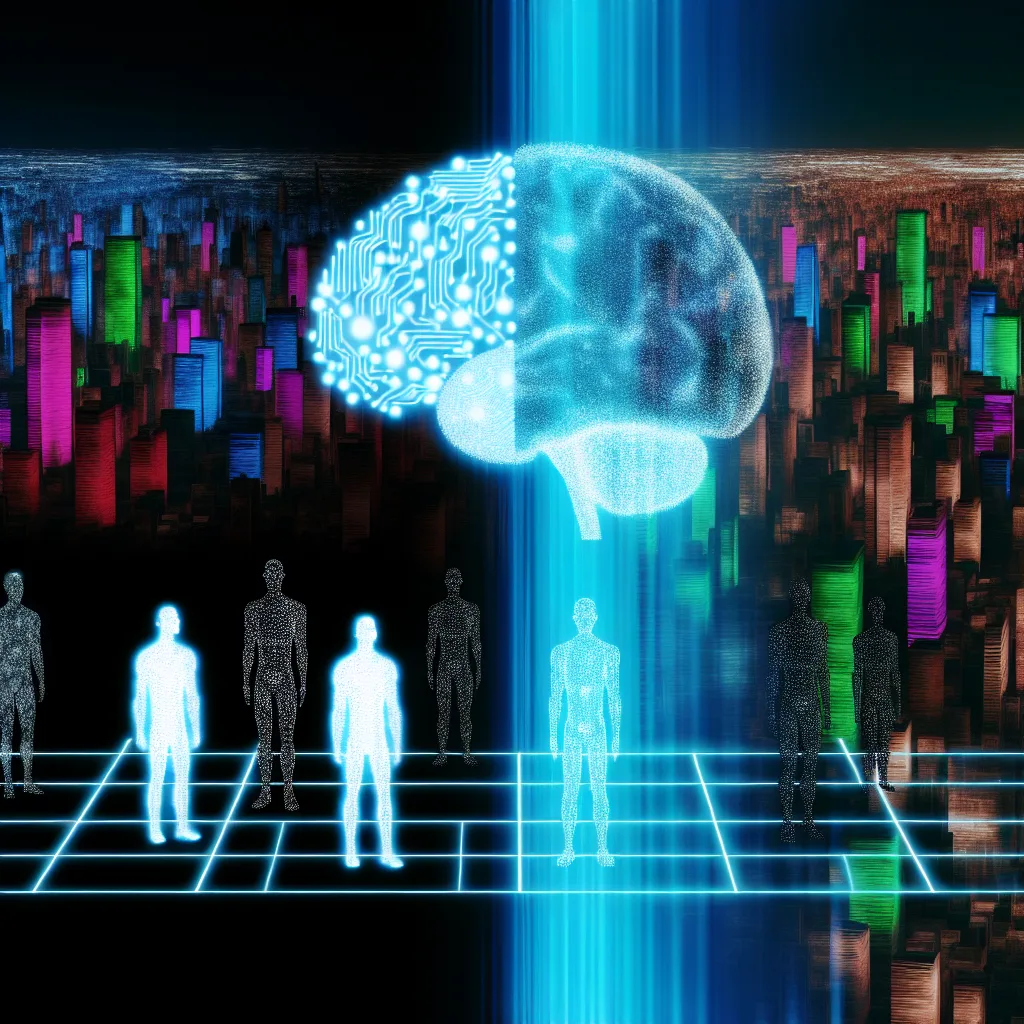Exploring how AI as a skill multiplier impacts capitalism and the global economy in unexpected ways
Imagine handing a powerful new tool to a room full of people. Some instantly figure out impressive new ways to use it, while others stick to the basics. This is basically what’s happening with AI—the so-called “AI skill multiplier.” It’s a concept that has quietly started changing how we think about technology and society.
The idea of AI as an “AI skill multiplier” means it’s not just a tool everyone uses the same way. Instead, it magnifies the difference between someone who knows how to use AI well and someone who doesn’t. So, instead of leveling the playing field, AI actually makes the gap wider between “expert” users and average ones.
What Does This Mean for Capitalism?
Think about companies competing in the global market. Those with access to the best AI tech can operate much smarter, faster, and more efficiently. They can predict market trends, optimize investments, and automate decisions with precision no human could match. That drives growth for these companies but leaves others struggling to keep up.
Big corporations are already doing this. Giants in tech and finance are integrating AI in ways that extend their control beyond just products—they’re influencing markets, acquiring assets, and basically expanding their reach. For example, firms like BlackRock are using sophisticated AI to manage assets and investments globally, significantly shaping economic landscapes (source: BlackRock AI Investing).
The AI Cold War: More Than Just Competition
But it’s not just corporations; governments are in this race too. You could call it a new kind of Cold War, but with AI at its heart. The stakes are huge—national security, economic dominance, technological leadership. The speed at which AI is developing is breathtaking, far outpacing any kind of regulation or oversight, which is often slowed by bureaucracy and political lobbying.
This “AI Cold War” isn’t about missiles or tanks but about who controls the most advanced algorithms, data, and AI applications. The consequences could affect everything from privacy to public opinion, to the very stability of economies.
Why Should We Care?
You might be wondering, “Isn’t AI just about making things easier? Like auto-responding to emails?” Yes, that’s one part. But the broader picture is more complex and concerning. We’re looking at a world where:
- AI makes certain people and companies vastly more powerful.
- The gap between AI haves and have-nots grows.
- Control over information and economic resources concentrates in fewer hands.
If this trend continues without checks, it could lead to social and economic instability.
What Can Be Done?
There are no simple answers, but awareness is a start. Understanding AI as an “AI skill multiplier” means realizing that access alone isn’t enough. Training, education, and fair policies that prevent monopolizing AI technologies are crucial.
Regulations need to catch up, but at the same time, they need to be smart to not stifle innovation. International cooperation might be necessary to make sure AI benefits don’t end up concentrated in a few places or hands.
Final Thoughts
AI is more than just another shiny tool. It’s reshaping how power and opportunity work in our world. Recognizing how AI acts as a skill multiplier can help us ask better questions about fairness, access, and the future we want to build.
If you want to dig deeper into how AI impacts the economy and society, check out resources like the MIT Technology Review and World Economic Forum AI insights. Staying informed is the best way to keep the conversation going.
In the end, AI’s future isn’t just about technology—it’s about people and the choices we make together.
